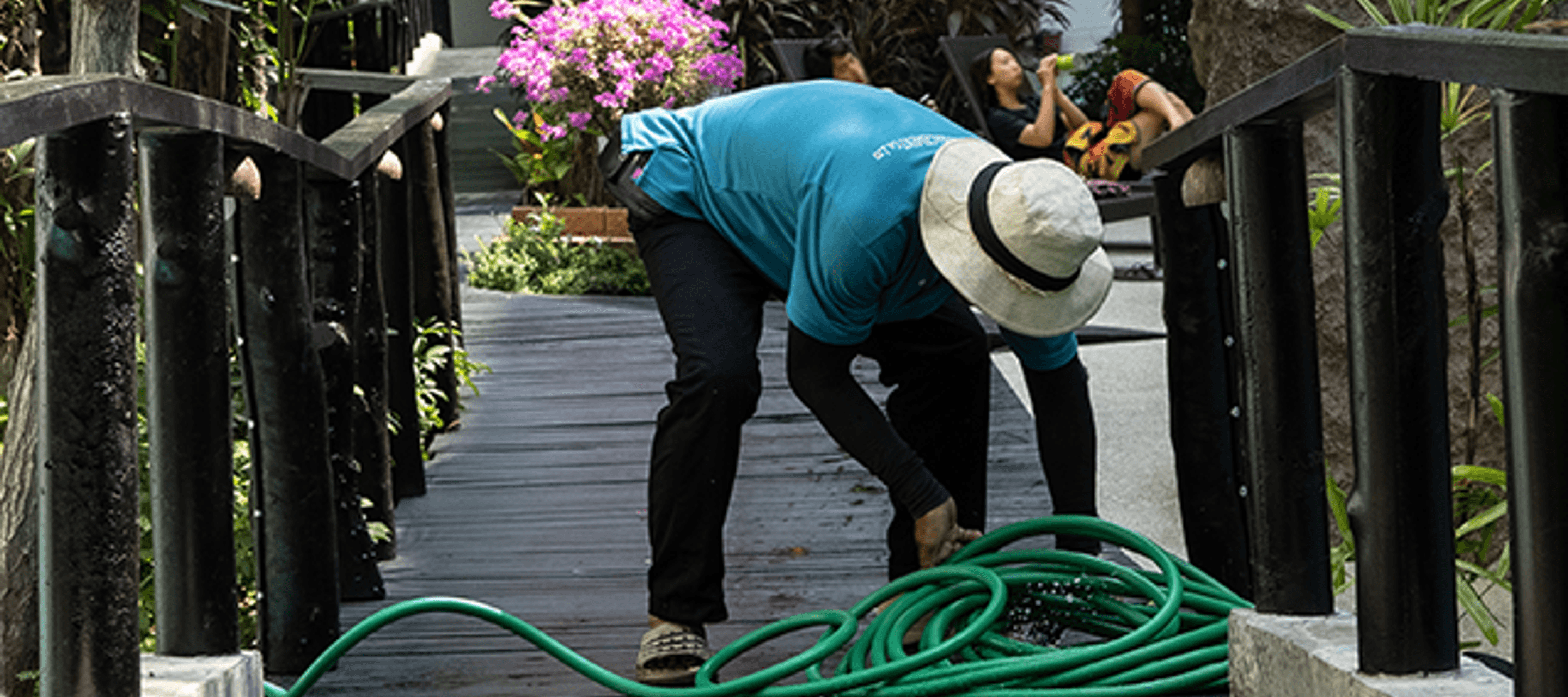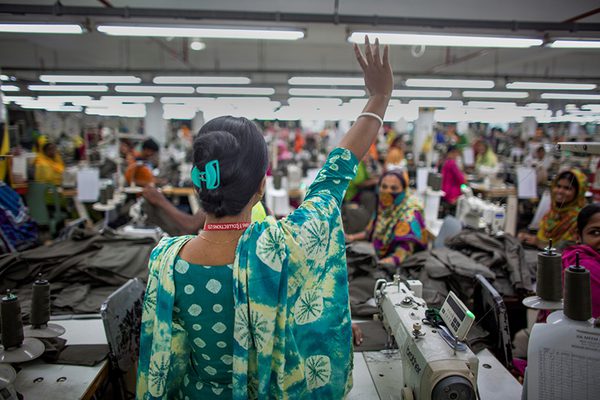Keeping the Focus on Protecting Migrant Worker Rights - New Tool for Hotels in Qatar
23 September 2020

When Qatar won the bid ten years ago to host the 2022 World Cup, many warned that the decision would put at great risk the over 2 million migrant workers that make up nearly 95% of the country’s workforce.
Some concerns around the World Cup selection were linked to deep-rooted problems within Qatar’s existing labour practices, including the so called ‘kafala’ system – a labour sponsorship system that ties migrant workers’ visas and work permits to their local employers. Other concerns focused on the high levels of wage abuse and worker debt caused by unethical practices around the recruitment of migrant workers to develop the massive infrastructure expansion necessary for delivering this mega-sporting event.
The increased international pressure on Qatar surrounding the World Cup created an opportunity to strengthen labour standards in the country...
The increased international pressure on Qatar surrounding the World Cup created an opportunity to strengthen labour standards in the country, with a number of important legislative reforms being adopted by the government in the past couple of years. Most recently, significant changes were introduced to end the requirement for migrant workers to obtain employer permission to change jobs (previously requiring a “No Objection Certificate” from their employer, who could deny it for any reason), and to establish a non-discriminatory minimum wage that is applicable to all workers, of all nationalities, and in all sectors, including domestic workers.
By removing the power employers held over workers with the cancellation of No Objection Certificates to change employers, and by providing greater legal clarity regarding termination of employment, Qatar becomes the first country in the Gulf to effectively dismantle the ‘kafala’ system. These steps send a strong message to other governments in the region of what can and should be done to bring national legislation more closely in line with international labour standards.
Focus on implementation is vital
The Qatari government’s labour reforms represent historic moves and significant legal commitments. Now the challenge is to ensure effective implementation that will improve the lives of millions of workers, and help reshape the country’s labour market for the years ahead. To meet the promise of a lasting legacy post-2022, strong actions are needed that result in tangible progress for workers, including through effective law enforcement and improved access to justice and remedies for abuses when they occur.
With the Qatar World Cup just over two years away, the likelihood of continued global scrutiny is starting to fade. That makes focusing on implementation of legal reforms in practice all the more crucial
With the Qatar World Cup just over two years away, the likelihood of continued global scrutiny is starting to fade. That makes focusing on implementation of legal reforms in practice all the more crucial. Sectors such as construction, hospitality, security and domestic services will continue to employ a large number of low-wage migrants, and will require support to strengthen policies and improve employment and recruitment practices on the ground.
As part of efforts to build capacity in key sectors to improve labour practices, IHRB has been working with Qatar’s Ministry of Administrative Development, Labour and Social Affairs (ADLSA) and the International Labour Organization (ILO) to develop a knowledge exchange programme for the hospitality sector. An important outcome of this collaboration has been the development of practical guidance to support hotel managers in responding to some of the key labour rights challenges faced by hotels.
The partnership has recently produced Promoting Fair Recruitment and Employment: Guidance Tool for Hotels in Qatar, a publication developed in consultation with more than 40 hotels operating in the country. The new tool includes a set of resources and practical steps that human resource managers and general managers can take to strengthen and implement internal policies and procedures; carry out due diligence of service providers and labour recruiters; and improve workplace relations through effective grievance handling and worker representation.
While the publication provides specific guidance for hotels in Qatar, many of the resources are transferrable to the hospitality sector globally, and could be useful to any business committed to promoting decent work and responsible recruitment in other sectors and locations.
In the time ahead, IHRB will continue to engage other sectors in Qatar. For example, we are currently working with the ILO and the Qatari government as well as UNI Global Union, to promote capacity building and implementation guidance concerning migrant workers in Qatar’s growing private security industry. Our aim is to continue to draw together the significant learnings from work in Qatar to build leverage through collective action that can help protect migrant workers’ rights in the region, and in other sectors globally.
Sectors such as construction, hospitality, security and domestic services will continue to employ a large number of low-wage migrants, and will require support to strengthen policies and improve employment and recruitment practices on the ground.




